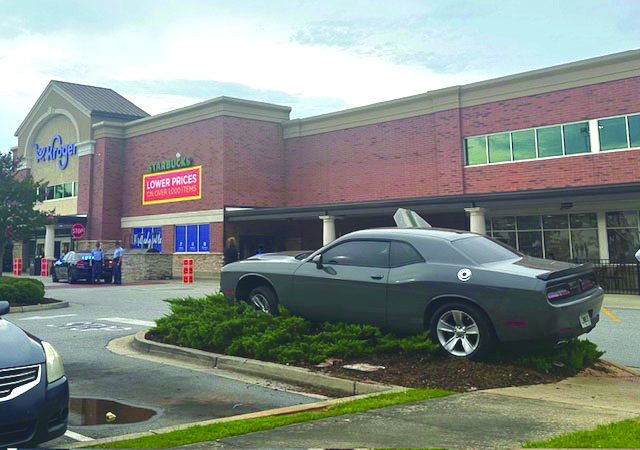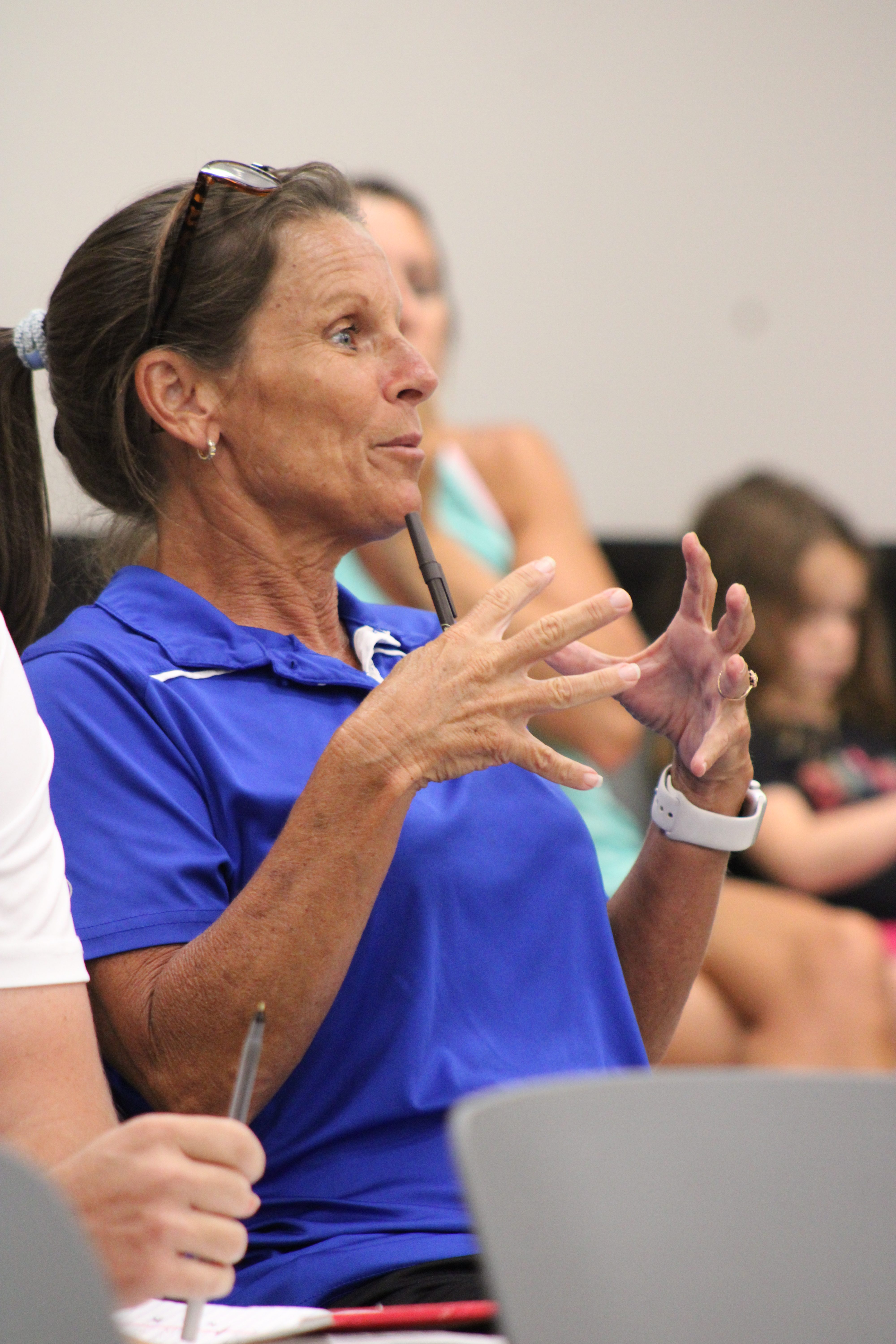EDITORIAL: Gap fixes needed in mental health reform
Published 6:02 pm Sunday, February 26, 2023

- Editorial
A proposed piece of legislation aims to expand the progress made on mental health in last year’s General Assembly. The bipartisan House Bill 520 is an extension of last session’s Mental Health Parity Act, among other things by clearing the way for agencies to work more closely together in sharing and collecting data.
Gaps in mental health care and communication allow too many people to fall through the cracks, particularly minors who lack the voice and knowledge of resources to get adequate care without the necessary oversight and supervision. We must recognize that early intervention, particularly with young people, sets children up to better handle mental health issues as adults. This bill helps bring us closer to being more proactive with regard to mental health care and start with our children, instead of simply reacting when they become adults.
Trending
The proposed bill calls for creating a pilot program for mental competency screenings, as well as a bed study analysis for critical mental illness. These components could help better pinpoint the kind of care a patient needs, helping to get people better treatment. The bill also addresses links between mental health and substance abuse, an issue impacting many communities, including Baldwin County, where many people with substance abuse issues and needing mental health care end up in our hospital emergency department and our jail instead of getting proper care.
Law enforcement is often faced with arresting people in the midst of a mental health crisis when they really need treatment or their medication. Our jail shouldn’t be the place where residents get their medications and get transport to treatment.
Too often, this ties up local resources — law enforcement and medical staff — that often aren’t adequately trained to handle these needs most effectively. It’s a costly issue both locally and statewide. The proposed bill gives officers the ability to refer people directly to medical treatment without arresting them.
The latest bill also aims to address the need for more trained mental health care providers by offering loan forgiveness for those who go into the field to work.
The number of rehab admissions for drug addiction and overdose in our state increased by 11% between 2017 and 2019 for people over age 12, according to the Behavioral Health Centers of Georgia.
Additionally, Department of Public Health data shows opioid overdose deaths continue to rise in the state, with 67% of Georgia drug overdose deaths in 2020 linked to opioids.
Trending
Better integrating services for mental health and drug addiction is key in providing the support Georgia needs to combat mental illness, particularly in rural communities that are often significantly lacking in resources for care.
We urge our state legislators to pass H.B. 520 and we encourage residents to express their support for this bill and share their questions and concerns by reaching out to the local legislative delegation: Rep. Ken Vance (404-656-0178, kenneth.vance@house.ga.gov); Rep. Mack Jackson (404-656-0314, mack.jackson@house.ga.gov); Sen. Rick Williams (478-457-5370, rick.williams@senate.ga.gov).
Last year’s legislation was a sweeping measure to address our state’s mental health care needs but it shouldn’t stop there. What our state has done could someday become a model for other states to follow, but we can’t rest on our laurels and assume we’ve done enough. There are still gaps in the system that need to be addressed for the sake of communities like Baldwin County all over our state.





